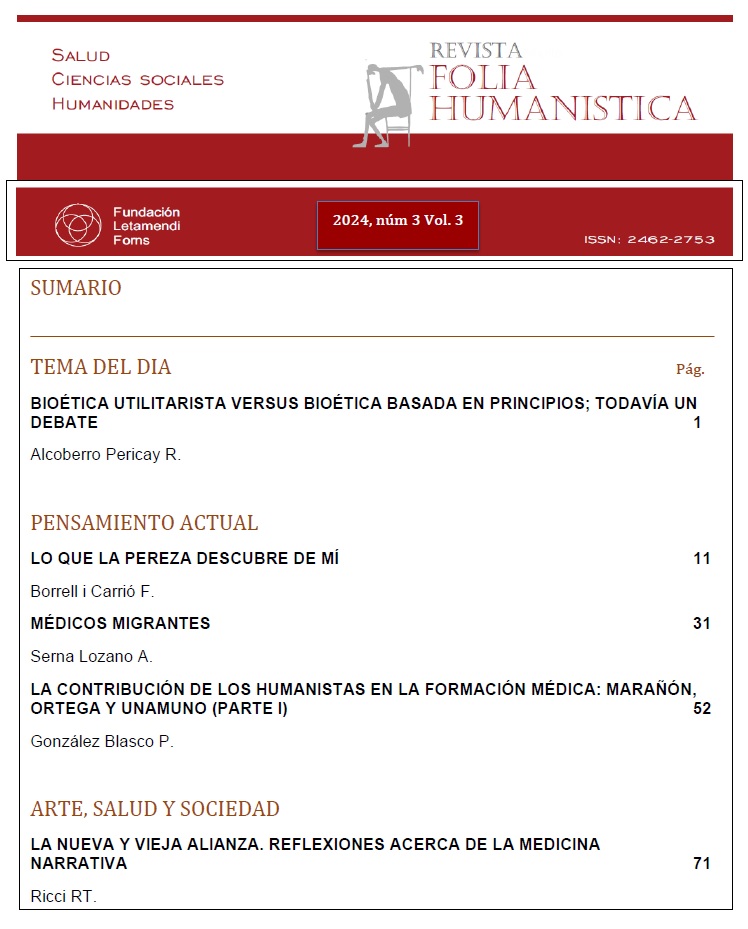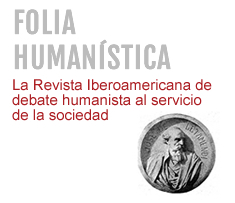Utilitarian versus principled bioethics; still a debate
DOI:
https://doi.org/10.30860/0101Keywords:
Utilitarism, Principalism, Consequentialism, Bioethical principles, Autonomy, Equity, ImpartialityAbstract
At present, we can detect a trend in developed societies to prioritize the moral value of autonomy above any other consideration. The COVID pandemic, as well as other crises that have strained the healthcare system, have taught us how managers and professionals spontaneously consider the consequences of their actions. A prudent calculation of consequences has nuanced the right to autonomy, challenging the ubiquitous claim of 'me first.' In this sense, utilitarianism does not aim to pinpoint the greatest good for each individual but rather to manage the least harm for the community of individuals. Therefore, in a world of limited resources, calculating the consequences of our decisions is the only way to imbue our professional activity with morality. This calculation requires not only the weighing of risks but also an impartial and equitable vision.
References
Hughes R. Culture of complaint: The Fraying of America. Oxford University Press; 1993.
Giglioli D. Crítica de la víctima. Herder Editorial; 2017.
Taibo C. Ecofascismo. Una introducción. Los libros de la Catarata; 2022.
Alcoberro R. El utilitarismo. Barcelona: UOC; 2016.
Downloads
Published
How to Cite
Issue
Section
License
Copyright (c) 2024 prueba

This work is licensed under a Creative Commons Attribution-NonCommercial-ShareAlike 4.0 International License.
La Revista Folia Humanística se adhiere a Creative Common en la modalidad: Reconocimiento – NoComercial – CompartirIgual (by-nc-sa): No se permite un uso comercial de la obra original ni de las posibles obras derivadas, la distribución de las cuales se debe hacer con una licencia igual a la que regula la obra original.








